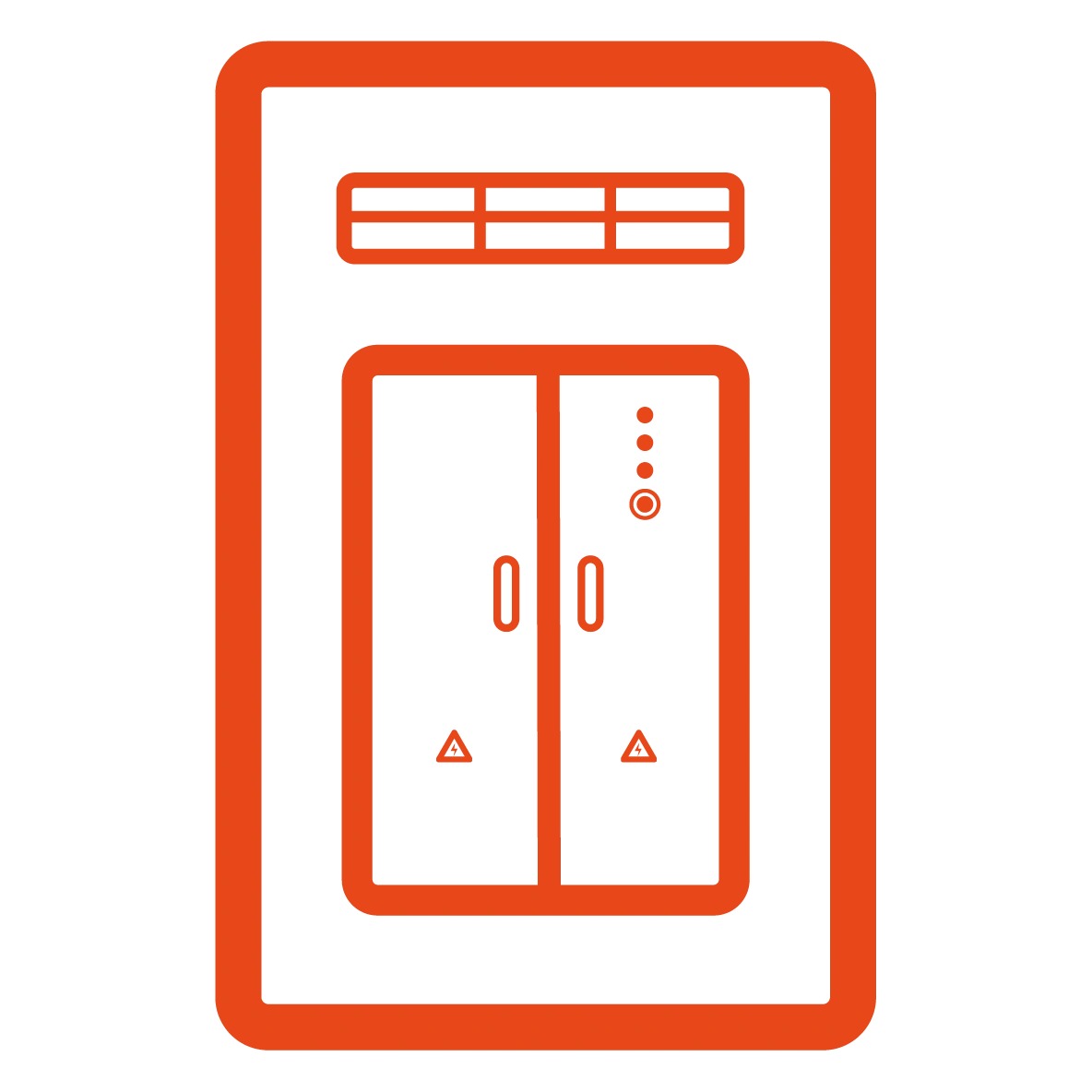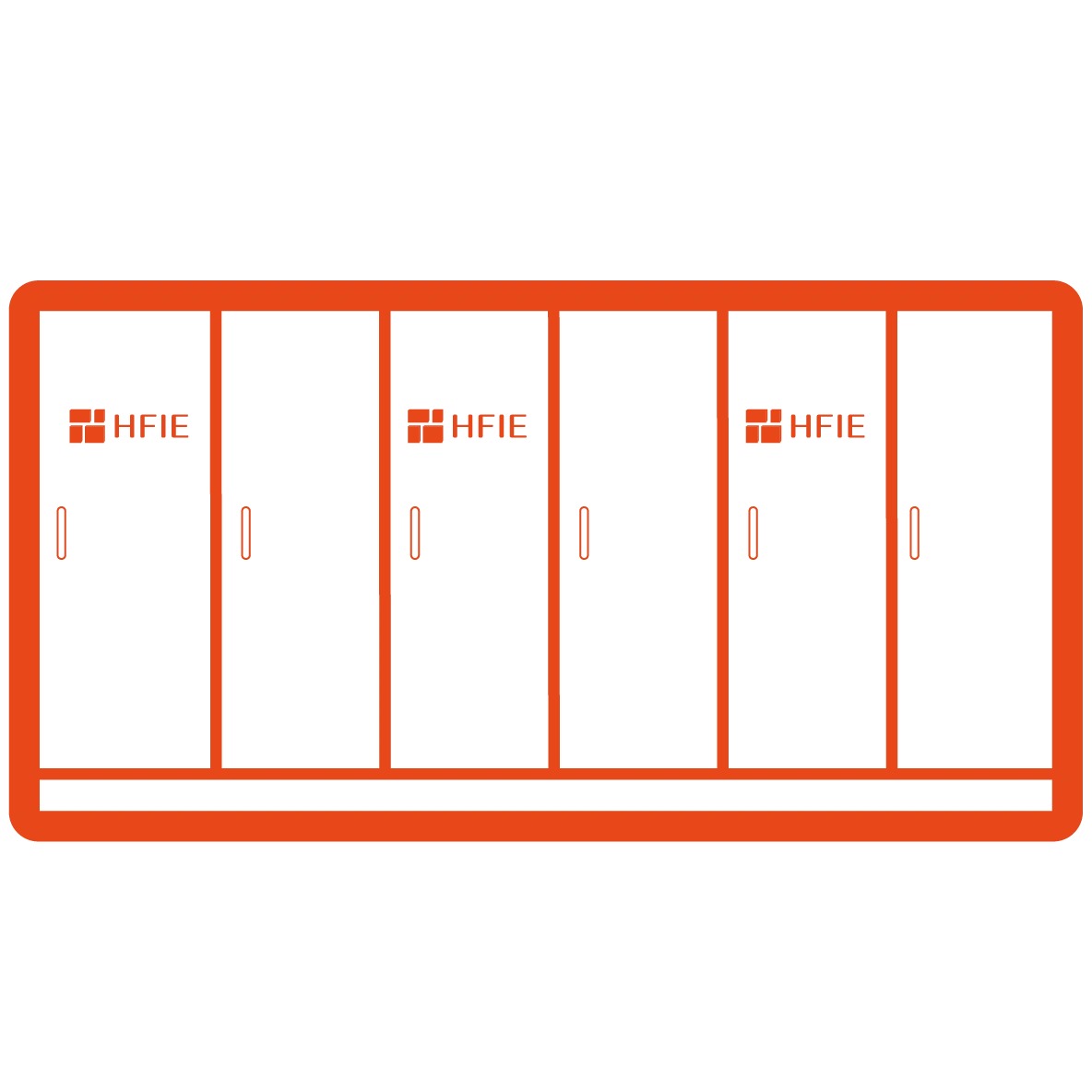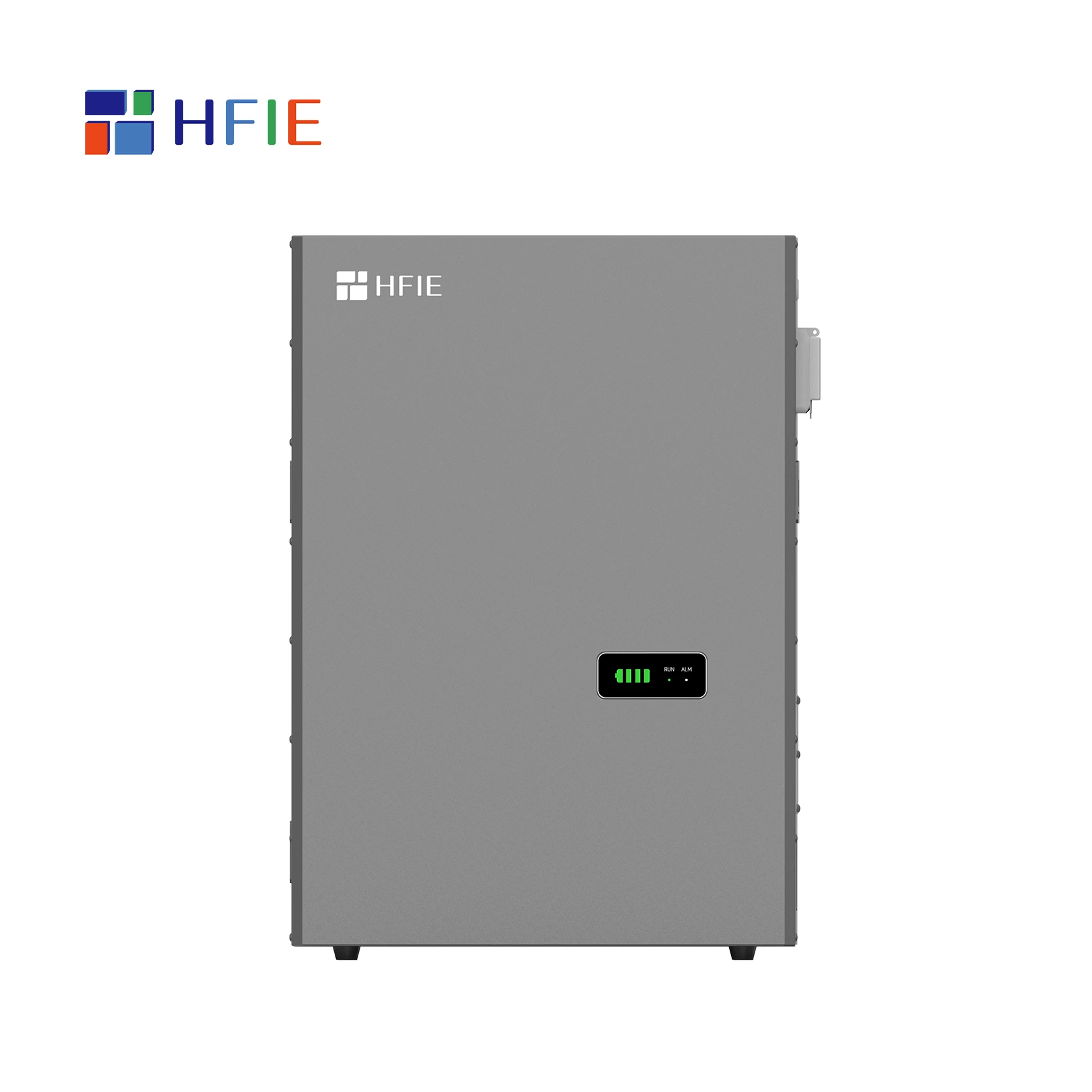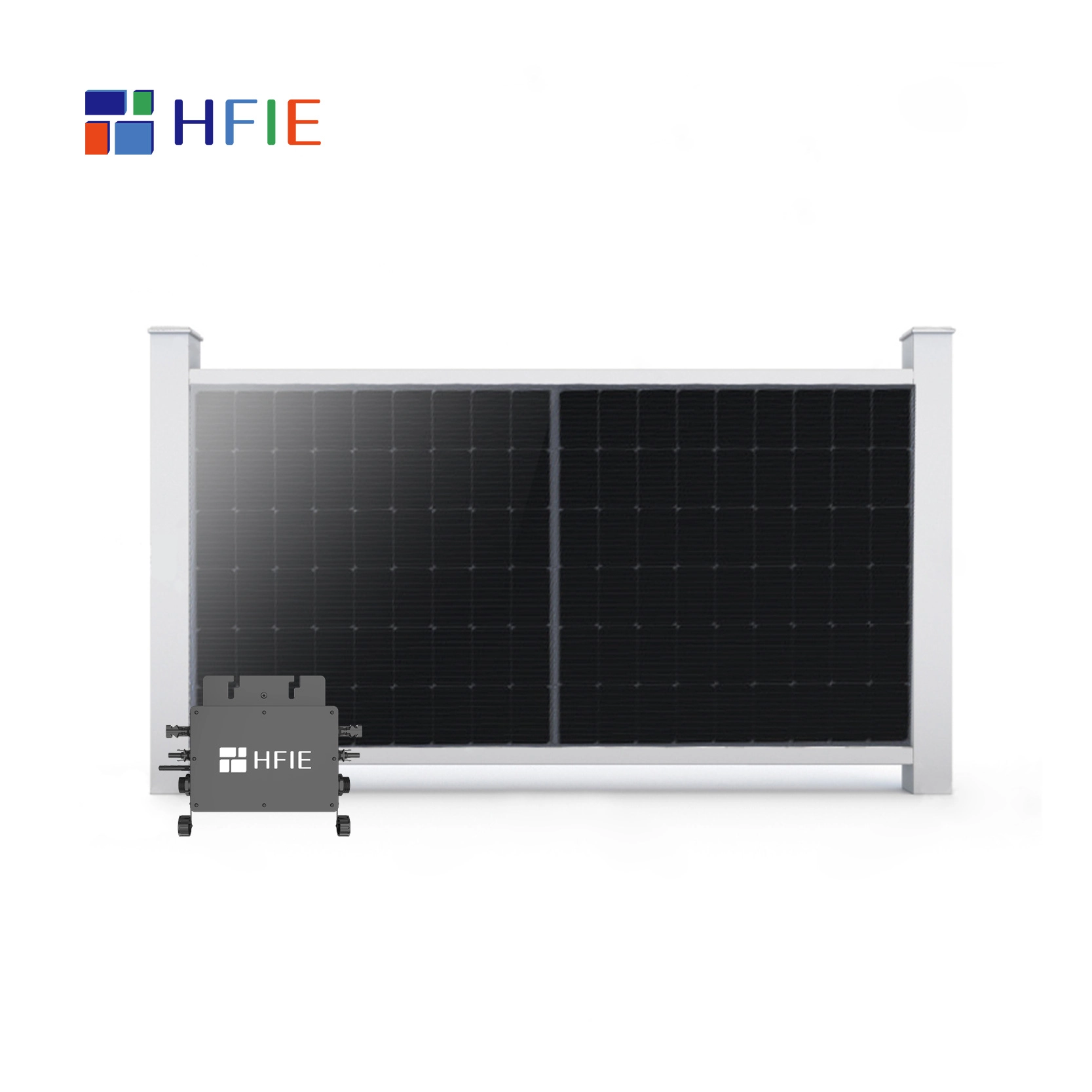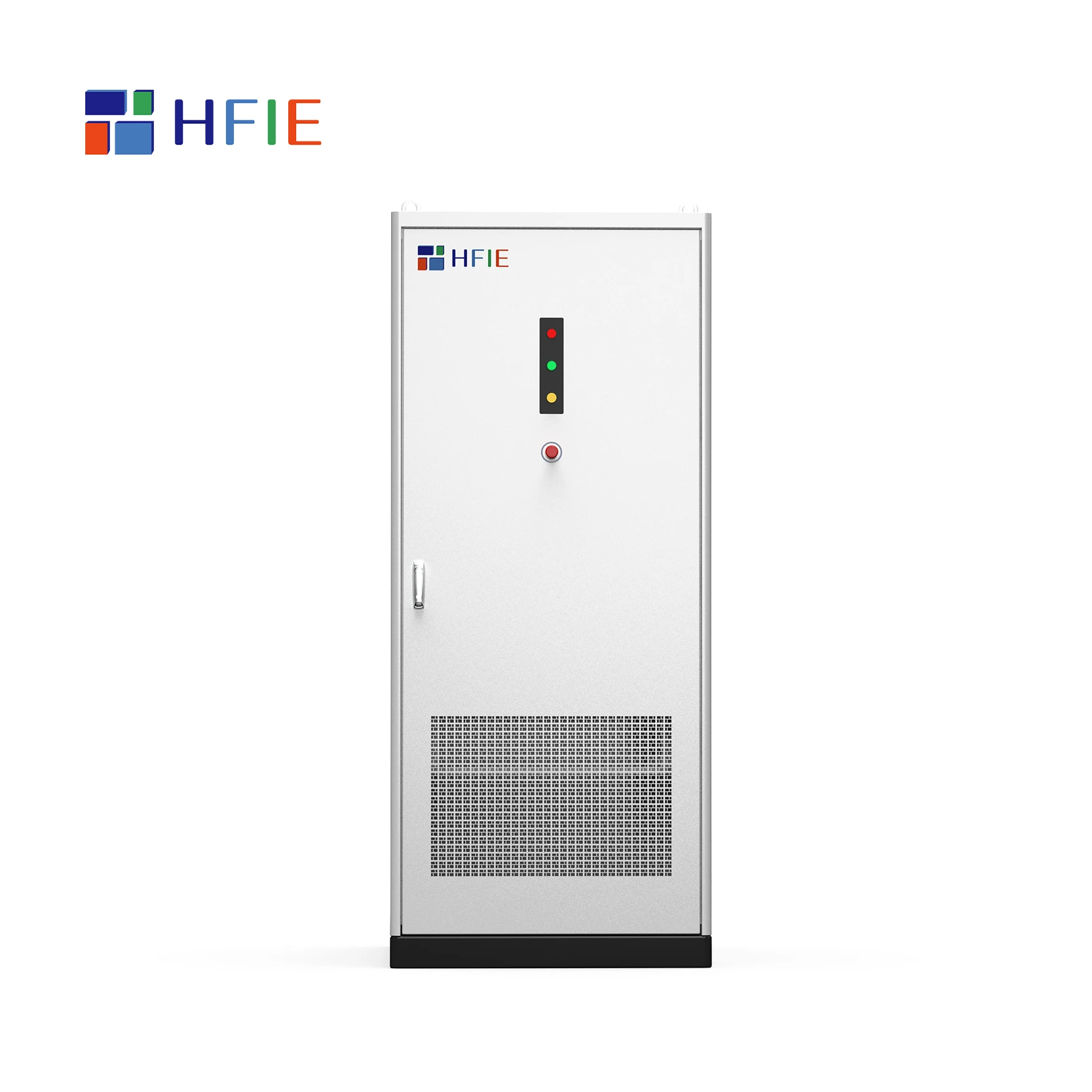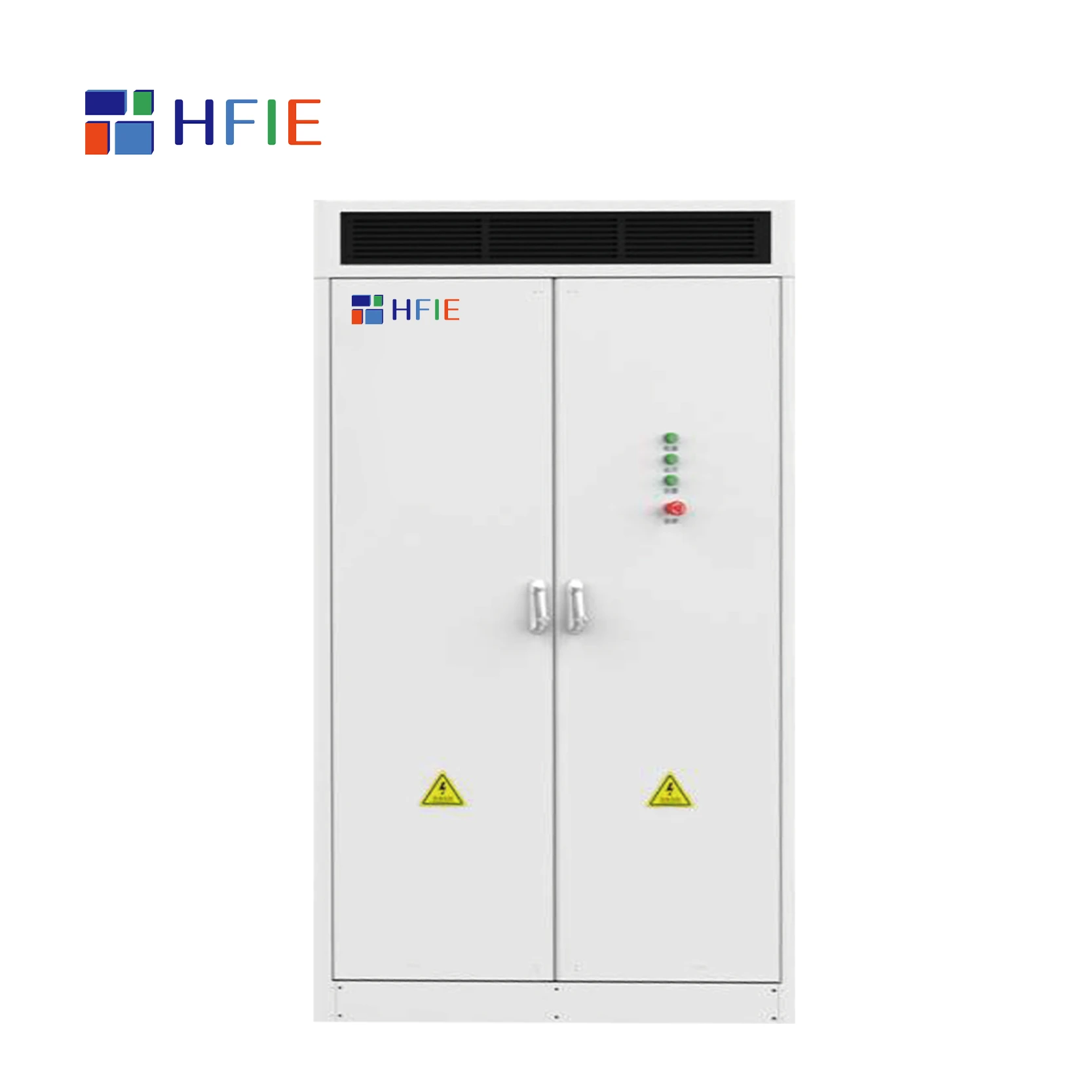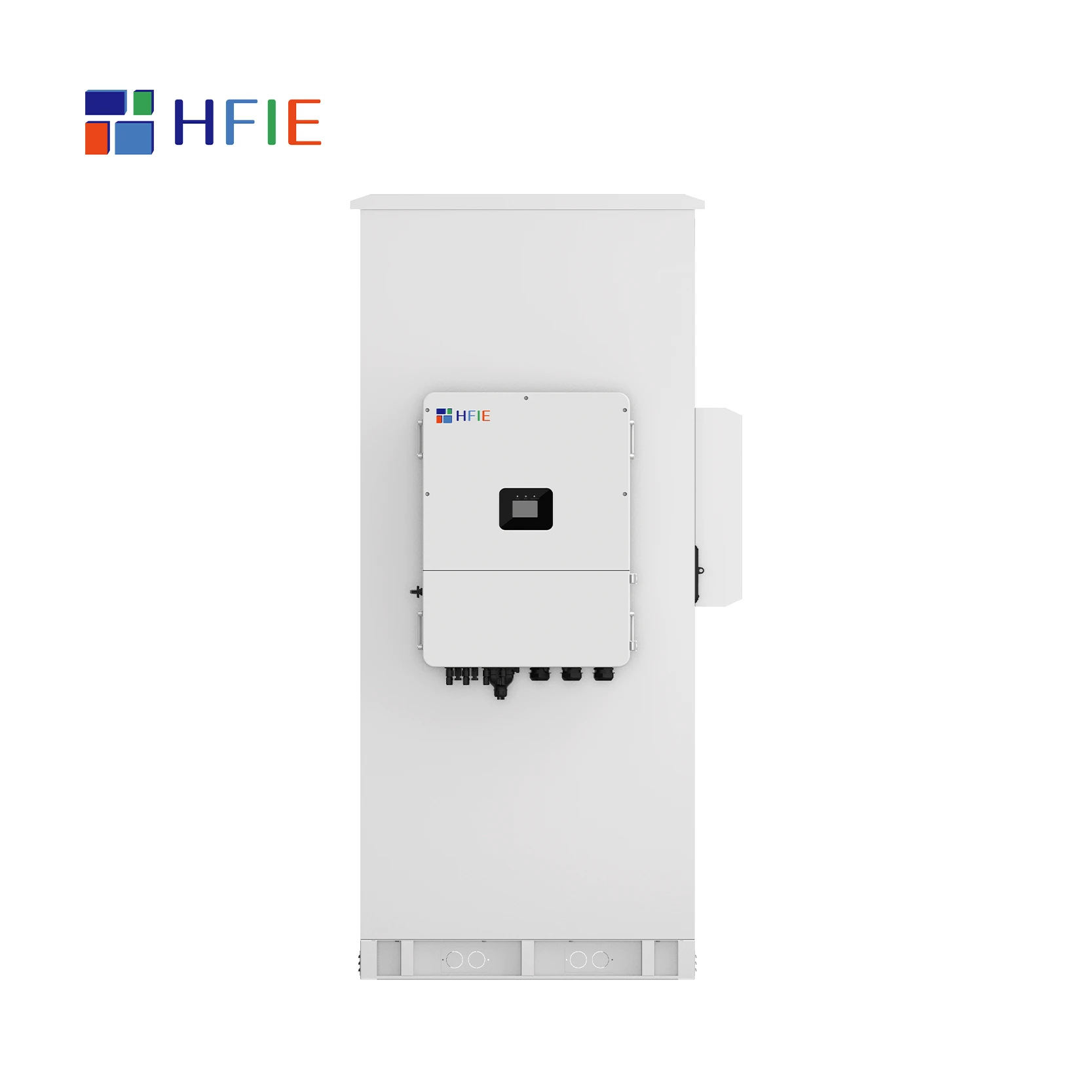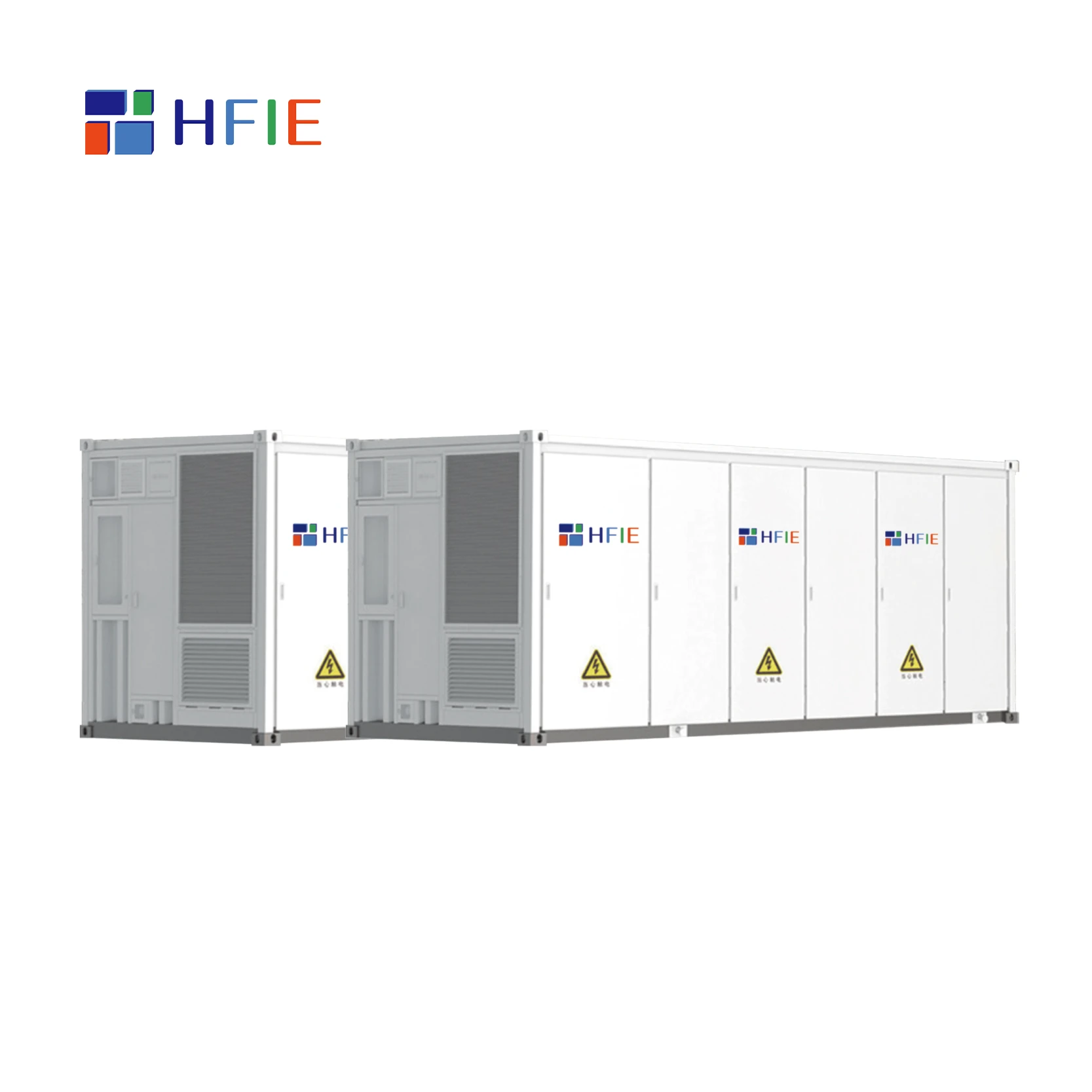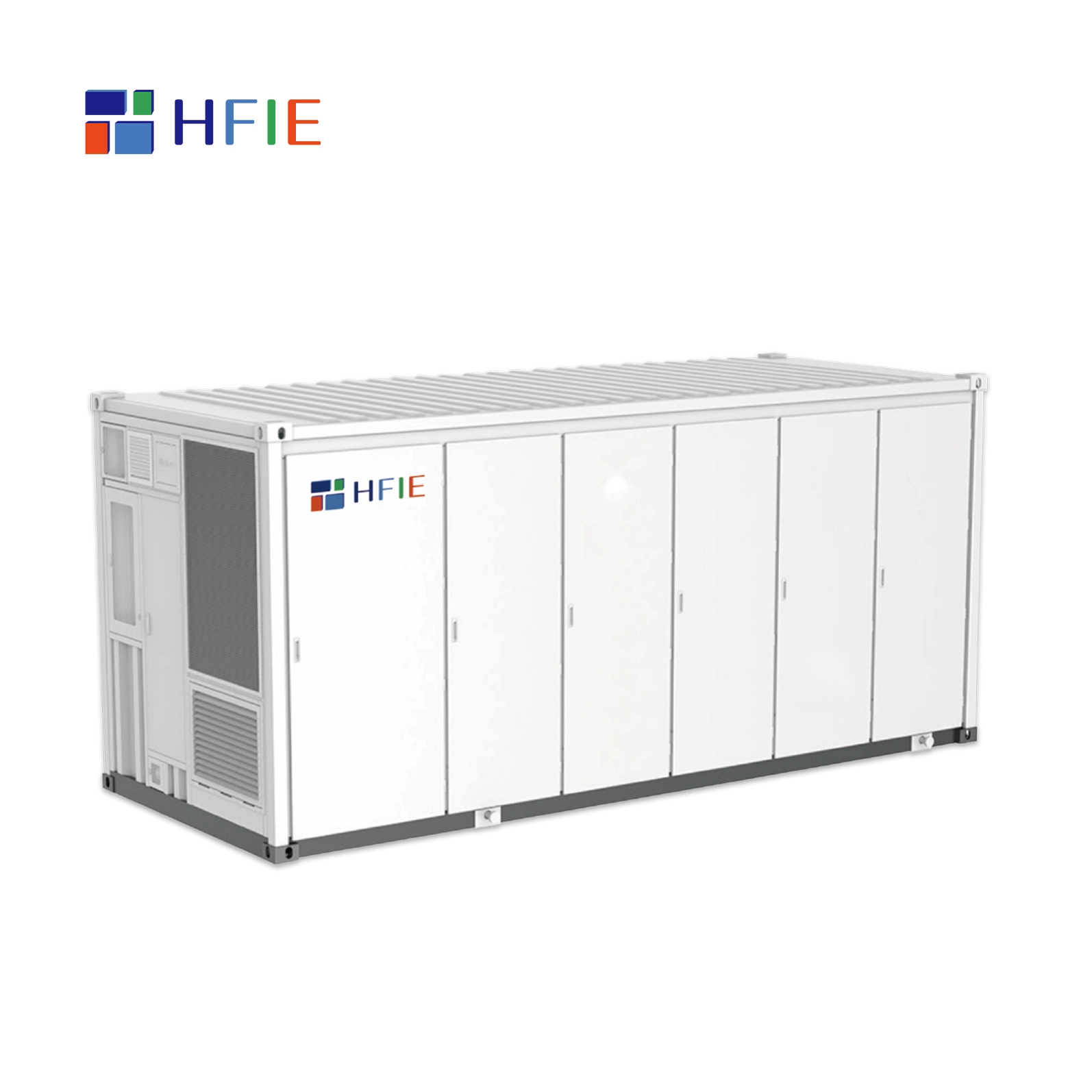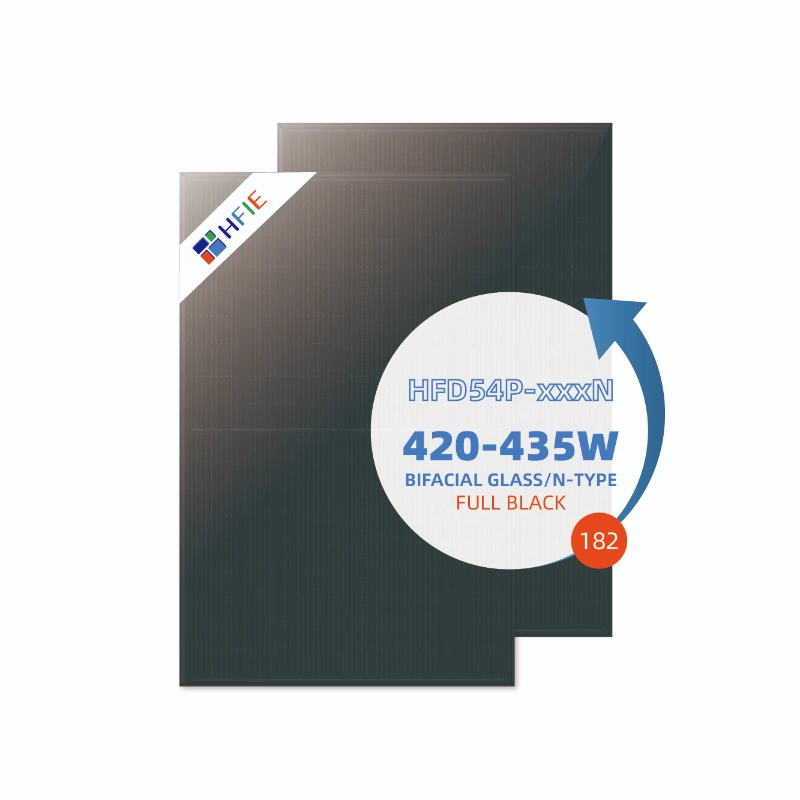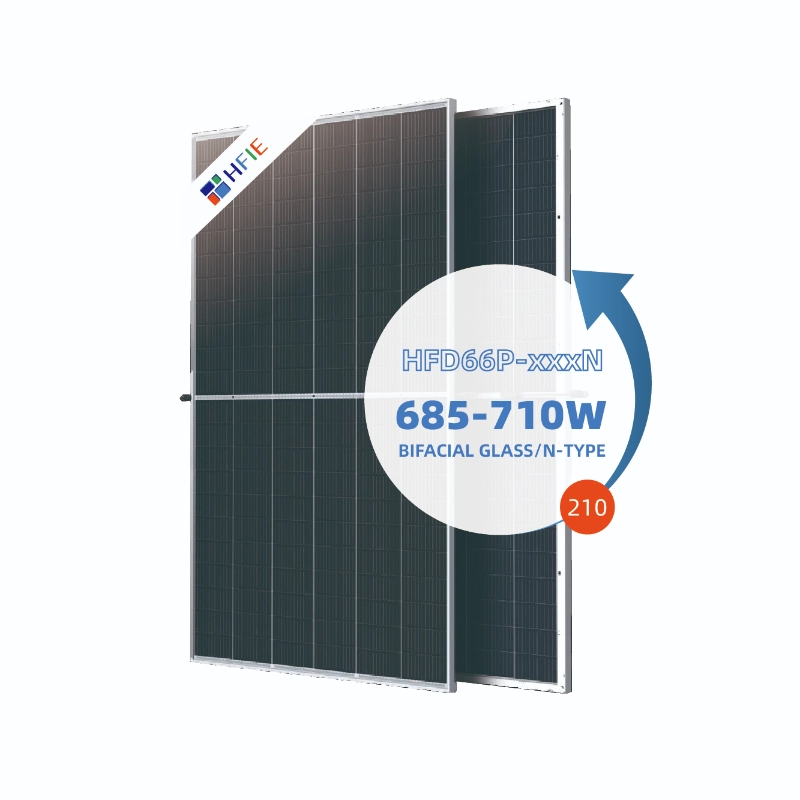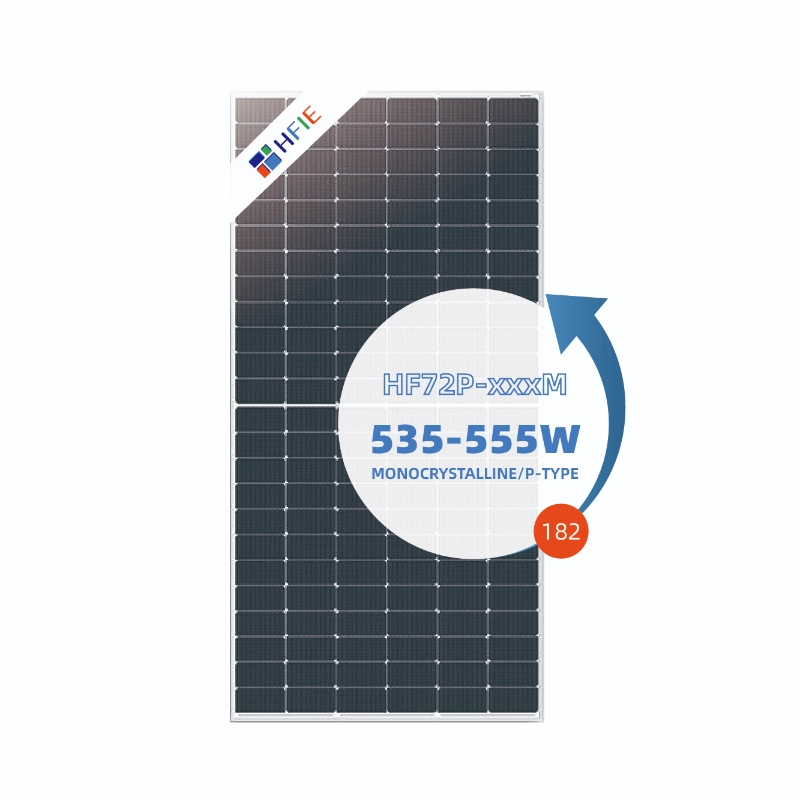With the increasing severity of environmental problems, more and more people are beginning to realize the importance of green energy. Among the many green energy sources, solar energy is undoubtedly one of the most promising and sustainable energy sources. As the main application equipment of solar energy, solar panels have become the core of energy transformation for modern families and enterprises. Today, we will explore how solar panels can help you achieve home energy self-sufficiency and bring a cleaner and energy-saving future to your life.
Solar panels: the future of green energy
Solar panels, as the name suggests, are devices that absorb sunlight and convert it into electrical energy. As a renewable energy source, solar energy is endless, clean and environmentally friendly. It can not only reduce dependence on traditional fossil energy, but also reduce carbon emissions for families and businesses. Especially in today’s world where global warming and air pollution are becoming increasingly serious, the application of solar energy is particularly important.
Solar panels convert sunlight into electric current through the photovoltaic effect, which can be used for daily household use, including basic household appliances such as lighting, televisions, air conditioners, and refrigerators. More importantly, solar energy systems can be connected to the home power grid to ensure that even on cloudy days or at night, families can still enjoy a stable power supply.
Ideal for home self-sufficiency
In traditional power systems, households need to rely on external power suppliers, which not only increases electricity bills, but also often causes power outages or unstable supply in some areas. By installing solar panels, you can gradually make your home energy self-sufficient.
First, solar panels can significantly reduce your electricity expenses. By installing a solar power system, you can generate enough electricity for home use during the day. The remaining electricity can be stored in batteries for use at night or on cloudy days. For households that use a lot of electricity, solar systems provide a long-term energy-saving solution and avoid over-reliance on external electricity.
Secondly, solar panels have low maintenance costs and the system life is generally long. Generally speaking, the service life of solar panels can reach more than 25 years, and the repair and maintenance costs of most systems are relatively low. With the advancement of solar technology, the power generation efficiency and reliability of solar systems have been greatly improved, and many brands have been able to provide high-quality solar panels to ensure long-term stable operation.
Environmental protection and the future
Using solar energy not only saves money, but also significantly reduces the impact on the environment. Traditional energy supply usually relies on non-renewable resources such as coal and natural gas. The use of these energy sources not only leads to resource depletion, but also produces a large amount of greenhouse gases, exacerbating climate change. Solar energy, as a clean energy, does not produce any pollutants and fully meets environmental protection requirements.
In the context of global response to climate change, more and more countries and regions have begun to promote the application and development of renewable energy, and solar energy is undoubtedly one of the best. Whether it is government policy support or personal environmental awareness, solar energy will become an important part of household energy transformation.
Economic benefits of solar panels
In addition to environmental protection and energy saving, solar panels also bring considerable economic benefits to families. With technological advances and growing market demand, the price of solar panels has dropped significantly, allowing more and more families to afford the installation costs. In addition, many countries and regions provide solar subsidies and tax relief policies to further reduce installation costs.
By installing solar panels, you can not only save monthly electricity bills, but also earn additional income by selling excess electricity to the grid or other consumers. Power companies in many regions will also provide compensation for excess electricity, which undoubtedly increases the economic returns of solar energy systems.
Conclusion
Solar panels, as a green, clean and sustainable energy solution, are gradually becoming a trend in household energy transformation. From saving energy costs to reducing carbon emissions, from improving energy independence to enjoying government subsidies, the benefits of solar energy are numerous. Choosing efficient solar panels is not only responsible for the future, but also creates a greener and more environmentally friendly lifestyle for the family. Let us move towards a new era of intelligence, energy saving and environmental protection!




